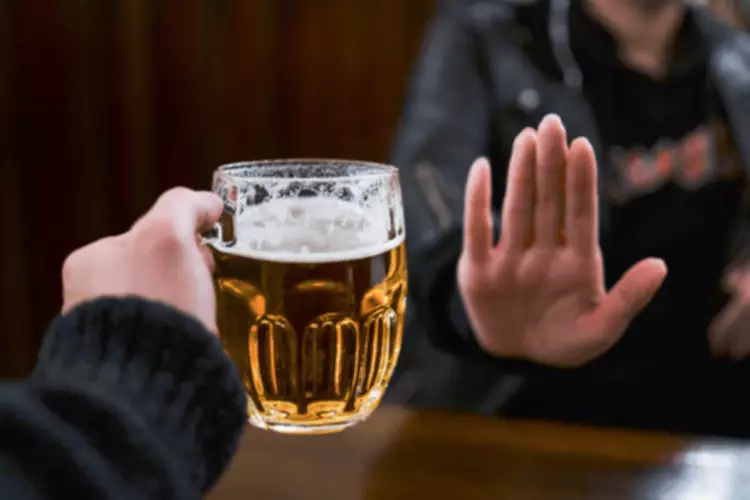In the video description, there is a link to the full video if you’re hungry for more. This activity can be particularly effective for group therapy that targets trauma or helps anxious people deal with stressful life events. Find out more about and download Dealing With Guilt Through Writing from our Positive Psychology Toolkit©.
Communication Exercises: Enhancing Interpersonal Skills in Recovery
A 3-page worksheet for sharing self-affirmations and partner affirmations, including suggested questions for discussion. I hope you have found this article as informative and useful as I found researching it. This activity will help group members learn how to set positive, achievable goals and, immerse them in the experience of working toward them.
Practice Management, EHR/EMR and Teletherapy Platform
Warm-up exercises serve as a bridge between members’ daily lives and focused group discussions. These exercises can include mindfulness activities, deep breathing exercises, or brief reflections on personal progress since the last session. Warm-ups set a contemplative tone, helping participants transition into the group environment and encouraging them to be present and engaged throughout the session. Group activities are a common part of addiction treatment plans because they help clients foster healthy relationships and grow their support network, promoting relapse prevention and long-term sobriety.
A New Perspective on Relapse

A person with an addiction uses a substance, or engages in a behavior, for which the rewarding effects provide a compelling incentive to repeat the activity, despite detrimental consequences. Addiction may involve the use of substances such as alcohol, inhalants, opioids, cocaine, and nicotine, or behaviors such as gambling. Team-building exercises and trust-building games foster a sense of belonging and mutual support among people in recovery. Group reflection promotes self-awareness and emotional regulation, as participants learn from one another’s experiences and lean on each other for support. Engaging in healthy, active pursuits provides an effective way to manage stress, one of the most common relapse triggers.
You can also keep a compassion box in which group members can write positive notes for other members. Thought replacement or cognitive restructuring is one of the fundamentals of CBT. You can encourage the clients to create a worksheet with negative thoughts to change the negative perspective. Much like music, artistic activities can help people relax and focus on something soothing, which aids in recovery and healing. It’s important to have moments of levity during addiction recovery to help build camaraderie and enthusiasm, and playing charades can provide some.
Can exercise help conquer addiction? – Harvard Health
Can exercise help conquer addiction?.
Posted: Wed, 26 Dec 2018 08:00:00 GMT [source]
- As with all therapies, continuously assessing the efficacy of group activities and participants’ progress is vital for tailoring interventions.
- Most addiction treatment programs use this form of evidence-based behavioral health therapy.
- A 2-page handout for clinicians who facilitate group therapy with (adult) clients and their families.
- Encourage your group to be as heartfelt and descriptive as they wish for a deep exploration of their feelings and thoughts.
That’s why some recovery groups have members anonymously write down their fears and place them in a bowl or bag. The group leader then reads each fear, allowing members to identify shared fears and feel less alone. To encourage helpful discussions, some recovery groups toss around question balls. Triggers are people, places, feelings, or other things that make you want to abuse drugs.
Your participants will now have a completed gratitude map that can be hung anywhere they choose. Read more about this Silent Gratitude Mapping activity in the substance use group activities Positive Psychology Toolkit©. This icebreaker is best applied in a setting where everyone is at least somewhat familiar with the other members of the group.
Group Activities That Promote Relapse Prevention
- This activity can be uplifting for individuals struggling with depression and decrease levels of anxiety.
- Also, please leave a comment below if you have other ideas, or would like to add to the discussion.
Relapse rates for drug and alcohol use are comparable to those of other chronic diseases, such as hypertension and diabetes. It is estimated that approximately 40 to 60 percent of individuals experience relapse during their recovery journey. This statistic highlights the persistent nature of addiction as a chronic condition. Group therapy topics centered around self-reflection and mindfulness teach individuals to stay in the present moment, understand their feelings, and develop healthier ways of coping with stress and anxiety. Please note that Two Dreams utilizes process groups as opposed to theme/support groups.